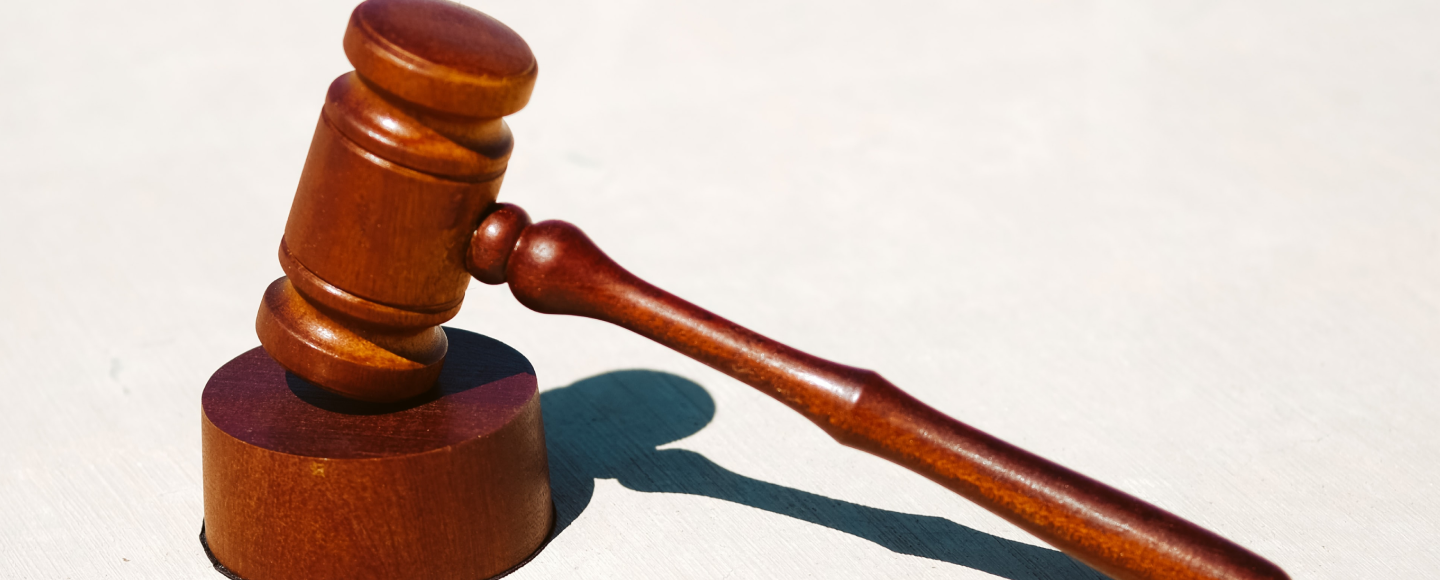Until this year, North Carolina law permitted the taking of a blood sample from an unconscious DWI suspect under the apparent rationale that, by the simple fact of being rendered unconscious, we give up the fundamental right to be free from governmental intrusion into the contents of our own blood.
North Carolina General Statute § 20-16.2(b) still reads as follows:
(b) Unconscious Person May Be Tested. – If a law enforcement officer has reasonable grounds to believe that a person has committed an implied-consent offense, and the person is unconscious or otherwise in a condition that makes the person incapable of refusal, the law enforcement officer may direct the taking of a blood sample or may direct the administration of any other chemical analysis that may be effectively performed. In this instance the notification of rights set out in subsection (a) and the request required by subsection (c) are not necessary.
If you are conscious, on the other hand, the Constitution and its protections apply as you would expect. In other words, the government cannot jab your arm with a needle and extract a sample of your blood according to its whims unless you are properly advised of your rights, given an opportunity to exercise those rights, and then knowingly consent to provide a sample of your blood — OR, if the officer obtains a warrant for your blood after first establishing probable cause that some crime has been committed.
While that language remains in the statute, it has been overruled by the North Carolina Court of Appeals in State v. Romano (2016) (PDF). In that case, Mr. Romano was taken to a hospital after being taken into custody, for reasons that are less than clear from the court decision. After being taken to the hospital, Mr. Romano was rendered unconscious by medication administered to him against his will while in police custody, for the stated purpose of “calming him down.” After he was rendered unconscious, a nurse drew his blood under the supervision of one of the officers investigating the case. He did not provide consent (nor did he refuse), and no warrant was obtained. The record reflects that the magistrate’s office was “a couple of miles” from the hospital.
In a small victory for personal liberty, the Court of Appeals effectively struck down N.C.G.S. § 20-16.2(b). The Court cited the United States Supreme Court in Missouri v. McNeely (2013), acknowledging that the “invasion of bodily integrity implicates an individual’s ‘most personal and deep-rooted expectations of privacy.” The Court also noted, further quoting McNeely, that “‘the natural metabolization of alcohol in the bloodstream’ does not present a ‘per se exigency that justifies an exception to the Fourth Amendment’s warrant requirement for nonconsensual blood testing in all drunk-driving cases.'”
Ultimately the North Carolina Court of Appeals in Romano ruled that the Fourth Amendment applies with equal force to unconscious individuals suspected of Driving While Impaired, and that warrantless, nonconsensual blood draws from DWI suspects are unconstitutional unless the government can establish that a traditional exception to the Fourth Amendment warrant requirement applies in a given case.
★★★
Criminal defense attorney Ben Hiltzheimer is a criminal defense attorney in Durham, North Carolina, who represents individuals charged with DWIs and the full spectrum of misdemeanors and felonies. Contact us for a free, confidential consultation and case evaluation at (919) 899-9404.







